Why did Toyota come up with Lexus?
It has been thirty years since first-time auto enthusiasts were given the opportunity to experience a Lexus. They where built by Toyota, a manufacturer which was a respectable alternative to brands like Volkswagen for motorists who were looking for vehicles that were reliable and fuel efficient. Toyota was all set to change this identity to be the most sensational luxury car brand ever. So here’s how Lexus was created.
Need To Make Lexus
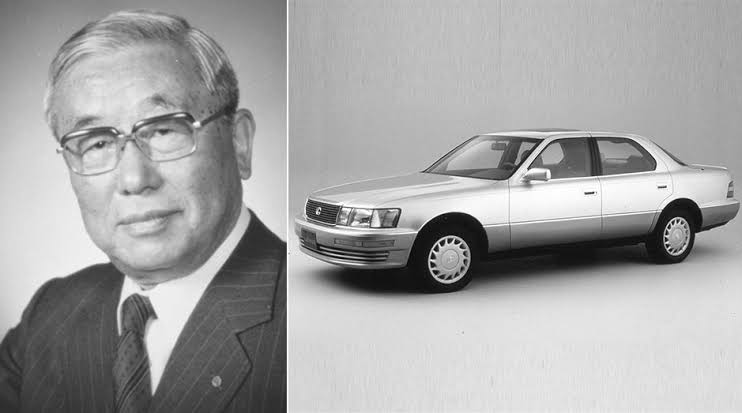
When Toyota first entered the American market for automobiles, Toyota had a specific objective in mind. It’s goal was to establish a powerful brand with a dedicated following of customers. After having been in the business of selling cars in America for more than a Decade, the company decided to conduct a market survey. What it found was intresting. Although consumers have a strong passion for Toyota but when it comes to upgrading luxury cars, they have not even thought to look at anything from Toyota.
Toyota has concluded that if they want to enter the luxury car market, there is the only possible option available, And that meant building a luxury sedan that would satisfy the aspirations of the upwardly mobile American driver. Because of this, the company Lexus was founded, And it eventually grew into a successful brand. The year 1983 marked the beginning of construction on what would become the very first Luxury Automobile of the brand.
People Also Read : Supra Mk4 : Everything You Must Know
The First Lexus
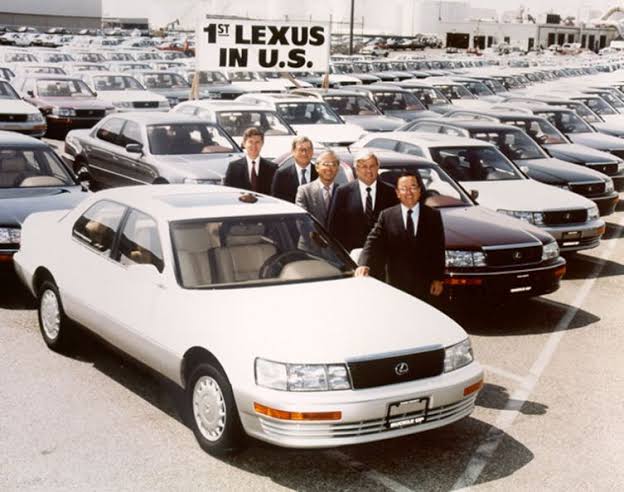
The Lexus LS 400 was the first model offered for sale in the American market. Once the company liked the concept, the plan was to debut the LS at the 1989 Detroit auto show. These plans came to an abrupt halt just before the show was to begin. Mead Data Central took issue with the name Of the vehicle, but not because there was anything inherently flawed with the vehicle itself. Mead Data Central had created a piece of software that they referred to as Lexis at the time of its release.
The company believed that the similarities In their names were sufficient grounds to file a lawsuit against Toyota in the amount of $100 million. The ruling was appealed by Toyota, and ultimately, the court decided that since a vehicle and a software programme do not have the same Target market, both businesses are permitted to use the name that was initially selected. Following the ruling, Toyota was given the Green light to go ahead with its plans to market the luxury sedan.
The Gamble
Before launching the LS, Toyota made a surprising decision. Toyota wanted to make a luxury car different than any other car in Toyota’s lineup. Toyota wanted to make the new brand sound same as luxury. To help with this, Toyota had redesigned the then current generation Camry to give consumers the impression that they are buying a luxury car. The Camry was then marketed alongside the all new LS. The more expensive trim level of the Toyota. The Camry was positioned as an affordable alternative to luxury cars like the LS.
Strategic Response to Competition
The entry of Lexus was also a strategic response to the competitive environment in the auto industry. Toyota recognized the luxury success of its European counterparts and saw an opportunity to challenge their dominance. Leveraging its wealth, products and reliable brand, Toyota aimed to disrupt the status quo and establish a new brand as a formidable competitor in car manufacturing the launch of the beautiful market. It was not only an innovative product for Toyota but was also a business standing strategy.
Success Story of Lexus
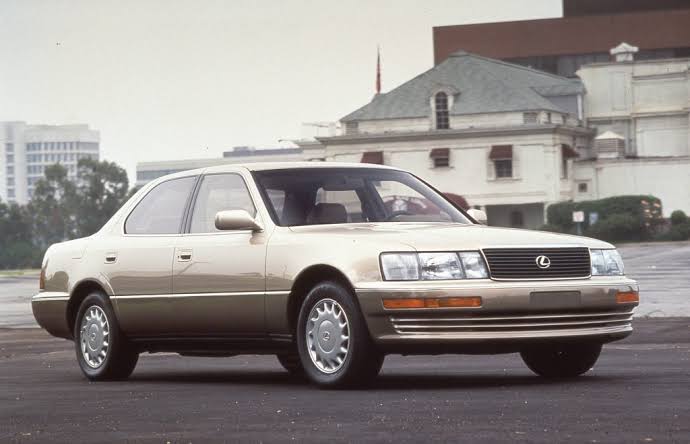
In August of 1989, people could buy their first Lexus. At the time, the luxury sedan was available on the market for $35,000. The Lexus LS came equipped with a wide variety of unique features not commonly seen in any of its rivals from its era. Notably, customers were so blown away by the First-generation, the company was able to quickly sell approximately 1,000 automobiles. After that, in 1990, the new luxury brand made its debut in the European market.
Toyota has demonstrated that a luxury vehicle Can be one that is not only enjoyable but Also trustworthy through the production of The Lexus brand. In the many years to come, we can anticipate Seeing Lexus automobiles driving around.
Customer Experience and Brand Loyalty
Lexus was more than just selling cars; It was about delivering exceptional customer experiences that build brand loyalty and recommendation. Toyota understood that luxury customers valued more than just products – they sought personal service, exclusivity, and a sense of belonging to a group of like-minded individuals from the moment a customer set foot in a Lexus dealership experience of ownership and beyond to create meaningful connections that resonate with their target audience, foster long-lasting relationships, and drive repeat business.
Technological Innovation and Engineering Excellence
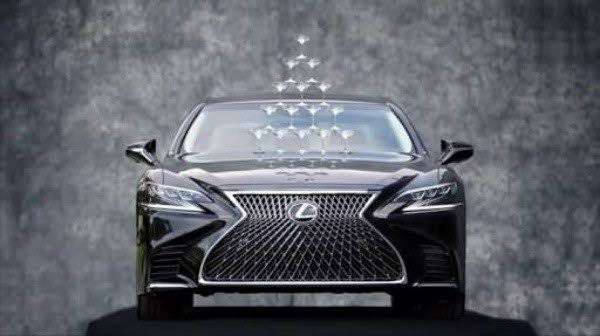
Lexus became the platform for Toyota displaying its technical prowess and technical prowess. From pioneering hybrid technologies and models like the Lexus RX 400h to pushing performance limits with cars like the Lexus LFA, Toyota used Lexus as a laboratory for innovation By investing in research and development for Lexus brand, Toyota not only improved the luxury car market, its improved performance
Cultural and Consumer Insights
Toyota’s decision to make Lexus was influenced by culture and customer. Market research showed that many consumers are looking for luxury cars. In markets like the U.S., the Lexus topped the charts in 1989. Japanese hospitality, craftsmanship, and a Western sense of luxury and sophistication established Toyota as a company that seamlessly blends Lexus positioning and attention to detail and b.
Sustainability and Corporate Responsibility
In an era of increasing environmental awareness and corporate responsibility, Toyota used Lexus as a platform to champion sustainability and innovation. The introduction of hybrid technology in the new vehicles underscored Toyota’s commitment to reducing emissions and the environmental impact through environmentally friendly practices in driving its products manufacturing and supply chain for sustainability while reinforcing the companies values of integrity and social responsibility that have set new industry standards
Final Verdict
The development of the newest luxury car brand was not just a strategic project; It was a testament to the board’s vision, ambition and commitment to excellence. When Toyota ventured into the luxury segment, it not only expanded its market and global presence but also redefined industry standards, pushed technological boundaries, and advanced the overall driving experience Period with Lexus continuing to evolve and innovate, it is a shining example of how it’s craft heritage , innovation and customer focus Can make it successful in a changing world.
Join Us : WhatsApp Channel
FAQ
Toyota launched the Lexus brand to enter the luxury car market and compete with European luxury brands. It aimed to redefine luxury by combining performance, reliability, and innovative features.
European luxury cars (such as BMW and Mercedes-Benz) dominated the market, but their reliability was questionable. Toyota sensed an opportunity to create a luxury brand that offered both opulence and dependability.
Perception played a crucial role. Toyota had a reputation for reliable workhorse vehicles, not luxury cars. Creating a new brand allowed Toyota to change this perception and target a different audience.
The LS400 was the brand’s debut model. It redefined luxury by offering exceptional build quality, advanced features, and a smooth ride. The LS400 remains a desirable modern classic.
Yes, in the Japanese domestic market, the LS400 was sold as the Toyota Celsior. However, globally, Toyota chose to create a separate brand identity for Lexus.
Lexus challenged the status quo by emphasizing reliability, customer service, and attention to detail. It forced other luxury brands to improve their offerings.
Yes, Lexus gained a foothold in the American luxury vehicle market. Its success inspired other Japanese luxury brands like Acura (Honda) and Infiniti (Nissan).
Lexus demonstrated that luxury could coexist with reliability. It elevated the perception of Japanese luxury cars and influenced the entire industry.
Absolutely! Lexus continues to produce high-quality luxury vehicles, combining performance, comfort, and cutting-edge technology.
Lexus aims to expand its presence in India, offering a range of luxury cars and SUVs. Its focus on craftsmanship and innovation remains unwavering.

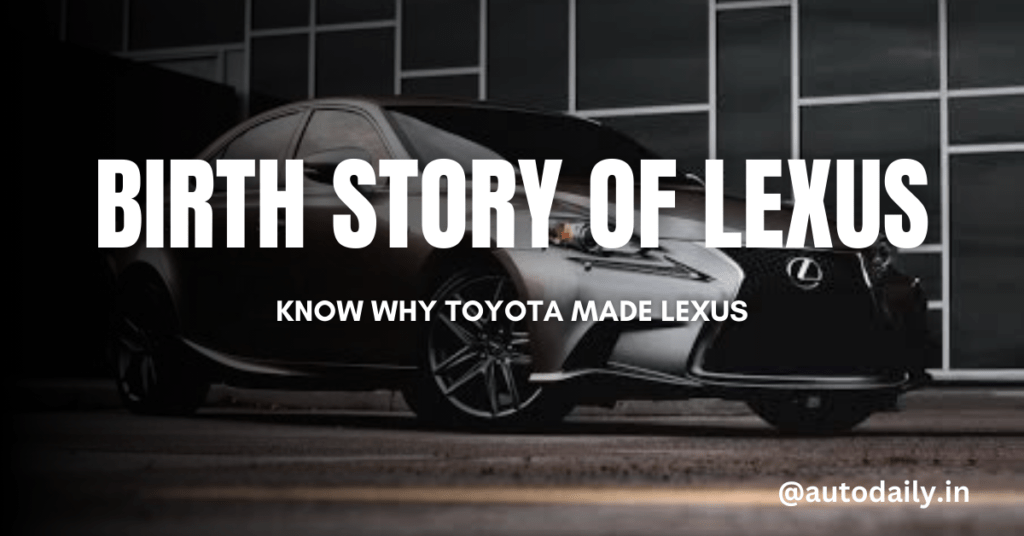
Pingback: Who Made The First Engine | First Car Engine Autodaily.in